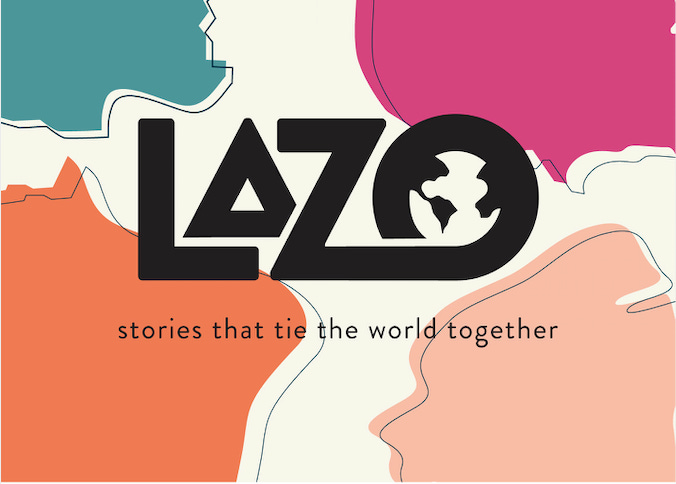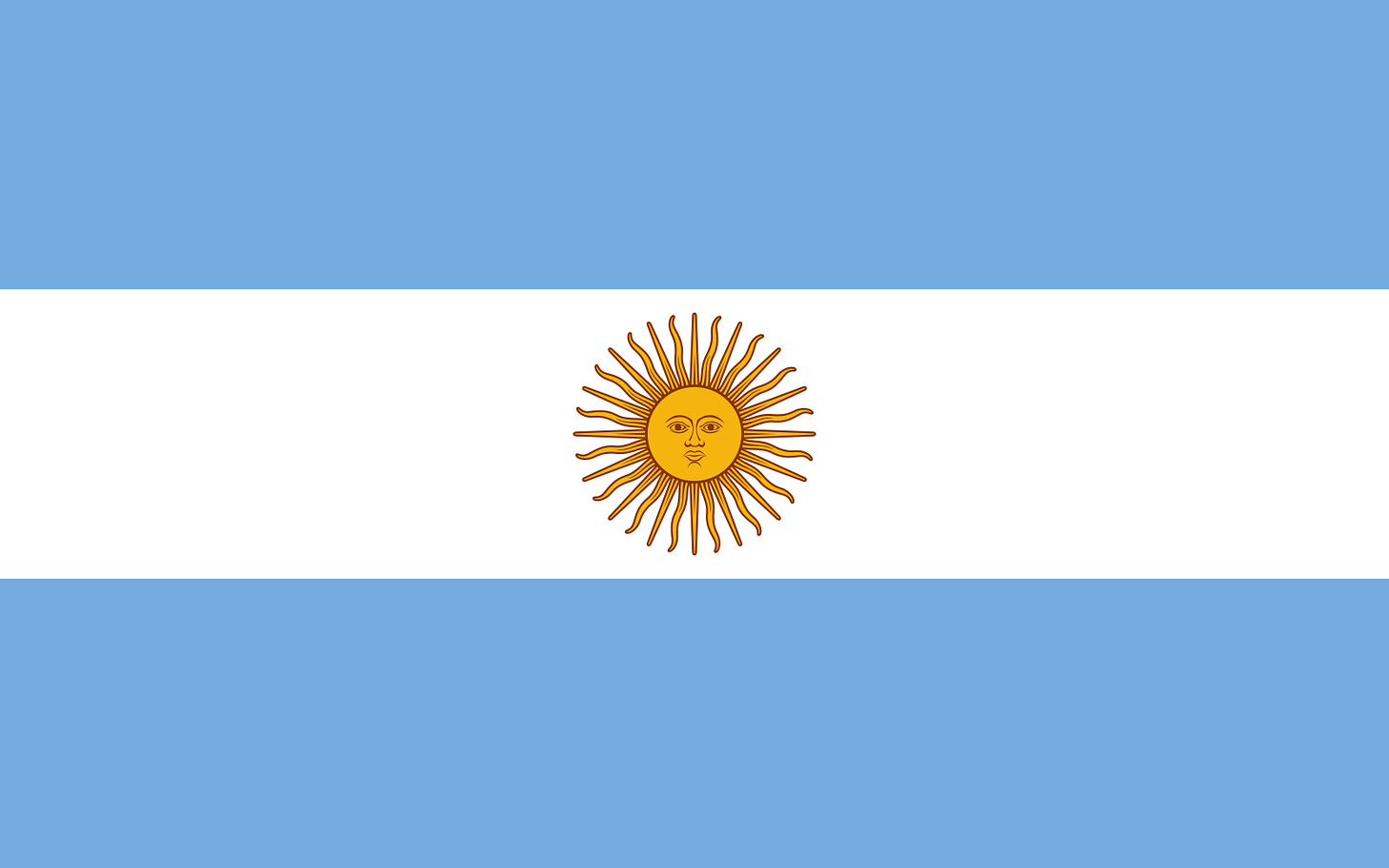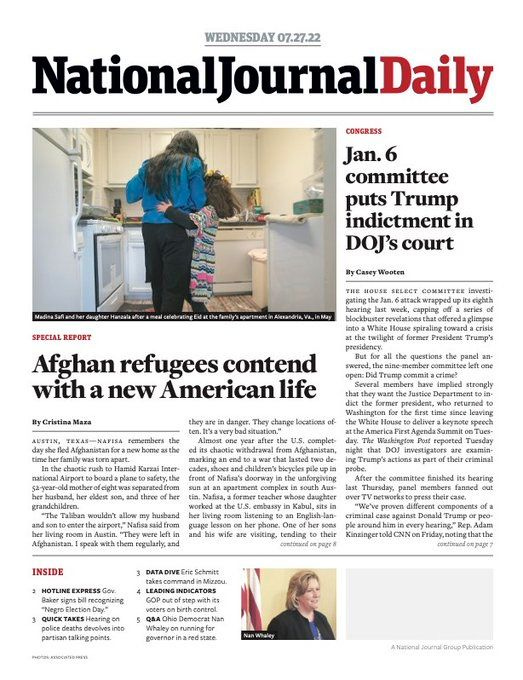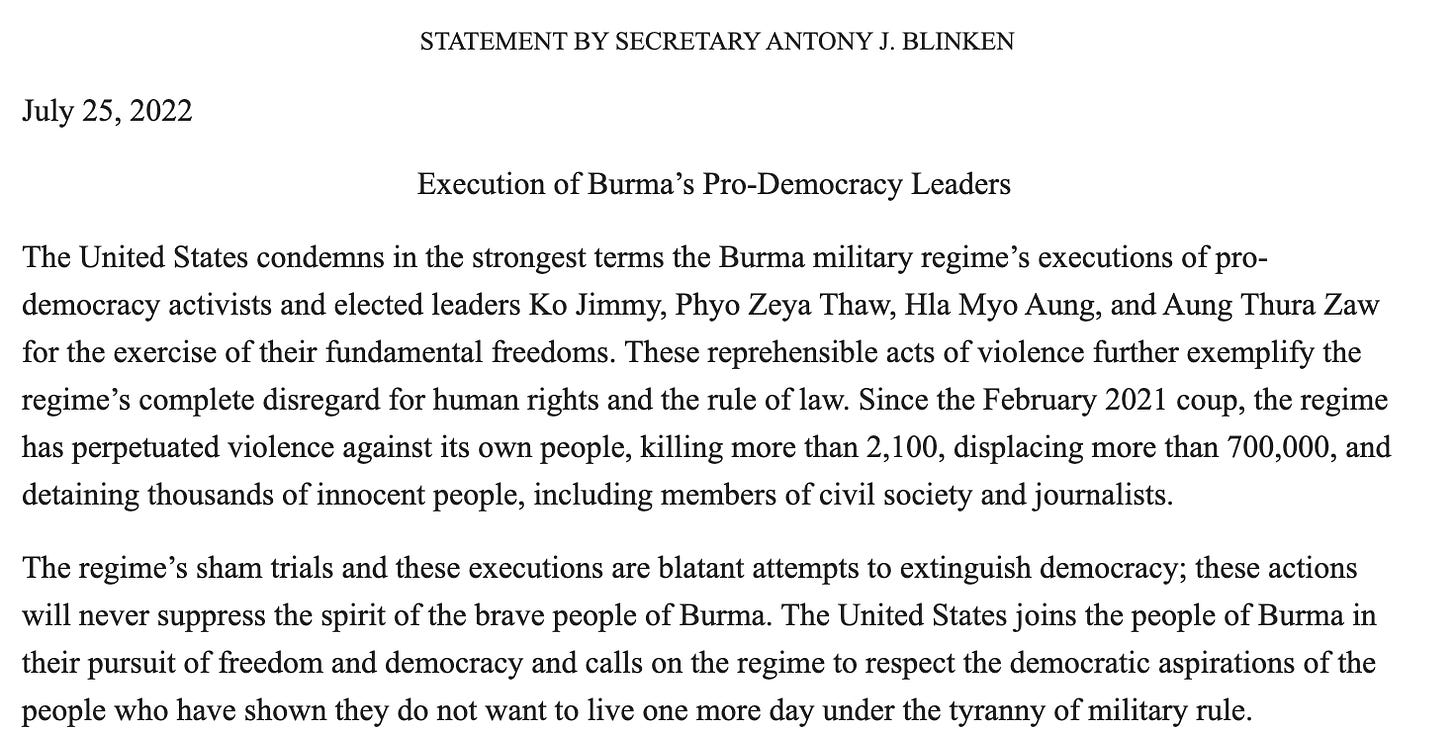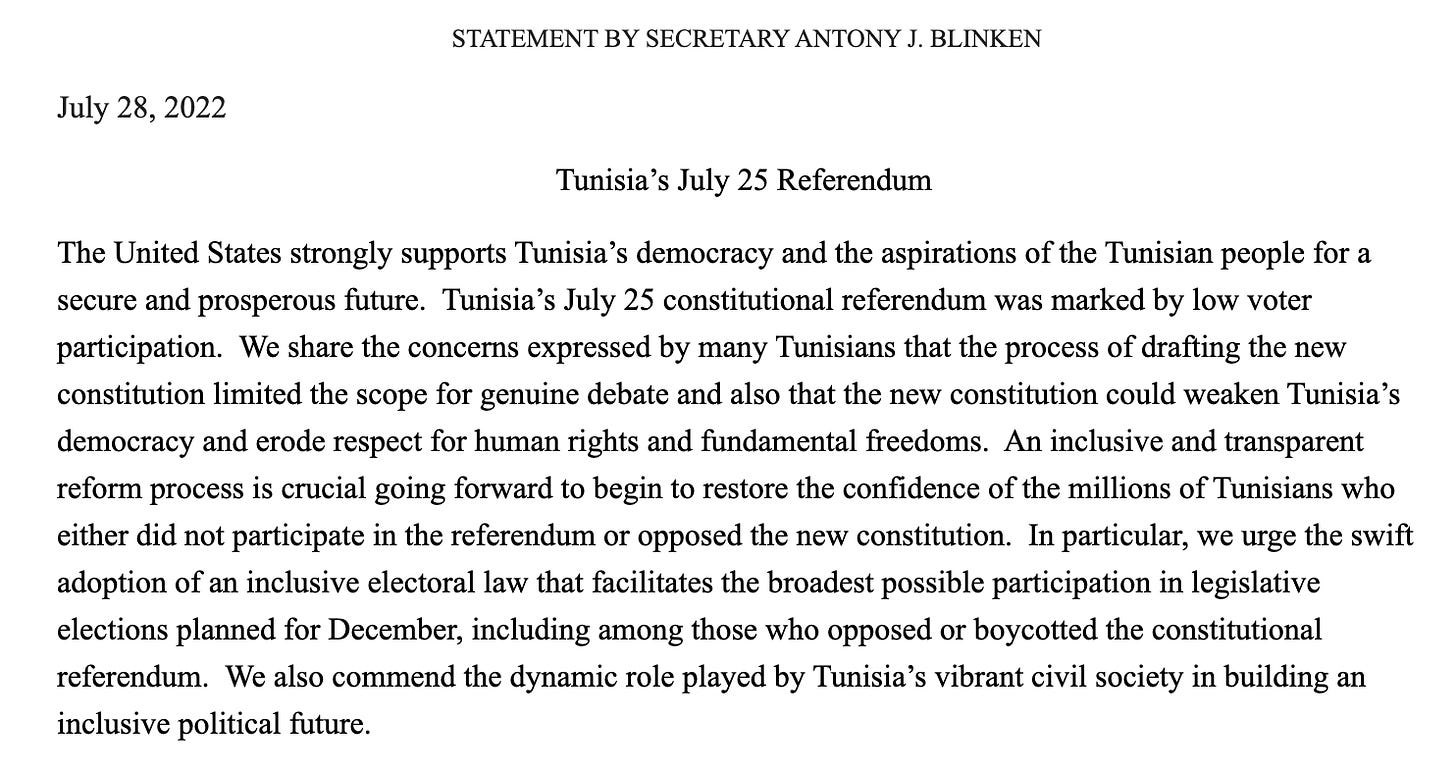#7 Argentina
Welcome to the 195 series, where I take you on a mini-tour of every country (and maybe some places that want to be countries). Each week I'll feature a new location. Some you may have heard of, while others may be new to you. The point is to learn and nurture our curiosity about the wider world. Maybe you'll find a new artist or musician you like, too.
Here's the link to copy and paste in your browser if you're interested in supporting this project: https://lazo-letters.ghost.io/#/portal/signup. You can sign up for $2 a month or $22 a year.
Country Info:
Population: Roughly 45.8 million.
Current government: Argentina is a presidential representative democracy. Its system of governance is very similar to that of the U.S. Governing power is divided between the executive, legislative, and judicial branches. The President serves a four-year term and can be reelected. The National Congress, consisting of a Senate and Chamber of Deputies, has legislative authority. The country also has a Supreme Court.
A center-left president, Alberto Fernández, was sworn into office in 2019. Most recently, he's had to contend with significant protests over inflation and calls from the left wing of the ruling coalition to use government spending to address the high levels of poverty.
Languages spoken: The official language is Spanish. But due to high levels of immigration over the year, it's not uncommon for people to speak German, Italian, and French, among other languages. Over 95 percent of the country is estimated to have European roots.
Religion: Most of the country is Christian, and over 60 percent of the population is Catholic.
Standout artist: Josefina Auslender makes haunting portraits of Argentina's "Dirty War," waged by the country's military dictatorship from 1974 to 1983. Hyperallergic has a story out this week about her work.
In “Los Cuerpos (01)” the torso of a hooded figure is bound in colored straps — an image of torture. “Los Cuerpos (03)” and “Los Cuerpos (04)” go further in their evocations of physical cruelty — here, the figures are headless. One image is labeled “Self-portrait from the series Los Cuerpos,” lending a personal association and sense of intimacy to these victimized figures.
Standout musician: I have to give a shoutout to Mercedes Sosa because she was such a legend.
Standout film: A Common Crime. A 2020 film that blends a ghost story with social commentary on class and inequality.
A surprising thing: Last year, the country's government sent hundreds of DNA testing kits to its consulates around the world in an attempt to identify people murdered in the "Dirty War."
During that period, Argentina’s military “disappeared” and murdered around 30,000 people, almost all civilians.
Story of the week: The BBC has a shocking dispatch about a slum in Argentina where families rely on a landfill for food. The United Nations estimates that around 1/3 of the country is food insecure.
What I'm writing:
• My report on Afghan refugees resettling in Austin, Texas, is finally out. You can read it for free here [This story is unlocked].
I visited Texas last month to meet the Afghan refugees who resettled there after fleeing their homes to escape the Taliban.
Texas has taken in more Afghans than any other state. These are their stories and their struggles: https://t.co/fi5u8461MU— Cristina Maza (@CrisLeeMaza) July 27, 2022
• Lawmakers in Congress are gunning to ratify NATO membership for Finland and Sweden before leaving for August recess. But they are running into obstacles as several Republican senators plan to ask for changes to the resolution of ratification.
NEW: lawmakers are gunning to ratify NATO membership for Finland and Sweden before leaving for August recess.
But they are running into obstacles as several Republican senators plan to ask for changes to the resolution of ratification.
w/@SavBehrmannDC https://t.co/s0H1LmK6pl— Cristina Maza (@CrisLeeMaza) July 28, 2022
What I'm reading:
A horrifying video of this Russian soldier castrating a Ukrainian PoW is genuine, Bellingcat’s @AricToler has said. The same soldier appeared on a Russian TV clip (with same hat and bracelet) and there was no evidence the video had been manipulated, he told me. #Ukraine #Russia pic.twitter.com/vWkIa6Vnru
— Maxim Tucker (@MaxRTucker) July 28, 2022
• Ukrainian forces destroyed 50 Russian ammunition depots using U.S.-supplied High Mobility Artillery Rocket Systems (HIMARS), according to Ukrainian Defense Minister Oleksiy Reznikov. Reuters has the report.
• Russia is plundering gold in Sudan to boost Putin’s war effort in Ukraine, CNN reports.
• A Ukrainian counter-offensive has cut off the Russian-occupied city of Kherson and left thousands of Russian troops stationed near the Dnipro River "highly vulnerable," Reuters reports.
• Turkey’s defense chief unveiled a new control center where Russian, Ukrainian, Turkish, and U.N. officials are set to monitor exports of Ukrainian grain through the Black Sea under an agreement reached last week, the Wall Street Journal reports.
• Russia is using over a dozen camps to detain and deport thousands of Ukrainians, according to a new U.S. intelligence report. The New York Times has the story.
• Moldova is ‘very worried’ that Russia may invade, Prime Minister Natalia Gavrilita said to CNN. The Washington Post has the write-up.
• The transfer of a vacation complex in Georgia's breakaway territory Abkhazia to Russia has sparked controversy, triggering local sensitivities about the degree of control Moscow wields over the territory, EurasiaNet reports.
• Tensions are rising between Israel and Russia as Moscow threatens to ban the Jewish Agency, an organization responsible for aiding Russia-Jewish migration to Israel, the Washington Post reports.
• The European Parliament published a report on the EU accession prospects for Ukraine, Moldova, and Georgia.
• Poland is set to buy almost 1,600 tanks and howitzers and nearly 50 fighter jets from South Korea, Reuters reports.
• Hungarian Prime Minister Viktor Orbán is facing intense criticism over remarks he made during a speech in Romania, in which he denounced “mixed race” nations. Orbán argued that migration had divided the West. “In the Carpathian Basin, we are not mixed race,” he said, referring to the region Romania and Hungary share.
• Longtime adviser to Hungarian Prime Minister Viktor Orbán, Zusuzsa Hegedüs, resigned four days after Orbán’s declaration that “mixed race” countries were “no longer nations," Politico Europe reports.
• After three days of protests over electoral reform in Bosnia and Hercegovina, the international envoy to the country only imposed partial changes to the election law. Instead, he said he would give politicians in the Federation a new timeline to find their own solution, Balkan Insight reports.
• Croatia opened a long-awaited bridge linking its southern Adriatic coast with the rest of the country, bypassing a narrow strip of Bosnian territory, Al Jazeera reports.
• Britain’s Foreign Office froze the assets of Graham Phillips, a pro-Kremlin blogger that moved to Ukraine more than a decade ago, the Guardian reports.
• During a visit to Canada, Pope Francis begged forgiveness for Catholic-run residential schools for Indigenous people that were centers of abuse, forced assimilation, cultural devastation, and death. The New York Times has the story.
• The United States and the Taliban exchanged proposals to release billions of dollars from Afghan central bank reserves into a trust fund. But there are still outstanding disagreements, Reuters reports.
• The vote on Tunisia's 2022 constitutional referendum began with many Tunisians planning on boycotting it, the Wall Street Journal reports.
• Tunisians who voted in the referendum approved the new Constitution that cements the one-man rule instituted by President Kais Saied when he seized power and suspended Parliament a year ago, the New York Times reports.
• Myanmar’s military junta executed four democracy activists on Monday. The four men – Kyaw Min Yu, Phyo Zeya Thaw, Hla Myo Aung, and Aung Thura Zaw – received death sentences in closed-door trials, Reuters reports.
What the State Department says:
You can write to me for any reason at c.maza@protonmail.com.





